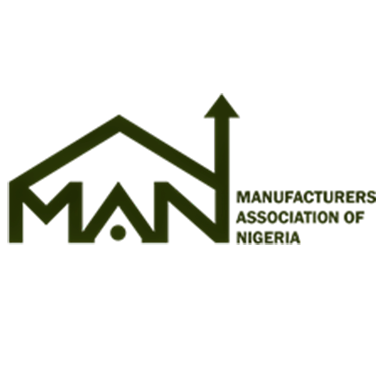The Lagos State Government has achieved a significant milestone in its public sector reform agenda by fully institutionalizing a competency framework across all its ministries, departments, and agencies (MDAs). This framework, having successfully transitioned from its pilot phase, has become the cornerstone of human resource management within the state’s bureaucracy. It serves as a standardized instrument guiding personnel-related decisions, ensuring that talent development, workforce planning, and service delivery are aligned with the government’s strategic objectives. The framework’s implementation marks a shift from subjective assessments to an evidence-based approach, promoting transparency and meritocracy within the public sector.
The competency framework has permeated all aspects of human resource management, from recruitment and promotion to deployment and training. By defining specific competencies required for each role, the framework ensures that the right individuals are placed in the right positions based on demonstrated skills and abilities. This data-driven approach minimizes the reliance on assumptions and promotes a more objective evaluation process. The framework’s application was recently demonstrated in the selection process for the Public-Private Sector Exchange Programme, where only officers who met the pre-defined, role-specific competencies were considered for secondment to private sector institutions. This underscores the government’s commitment to selecting individuals based on merit and suitability for specific roles.
The institutionalization of the competency framework represents a paradigm shift in workforce management within the Lagos State public service. It provides a structured and standardized mechanism for assessing officers’ capabilities and identifying areas where development is needed. This structured approach allows MDAs to implement more targeted and effective capacity-building initiatives, ensuring that training programs are aligned with the specific competencies required for optimal performance. The framework fosters a culture of continuous improvement and professional development within the public sector, equipping employees with the skills and knowledge necessary to meet the evolving demands of their roles.
To ensure the framework’s effective implementation and long-term sustainability, the Lagos State Government has invested in training technical officers across the civil service on its practical application. This training empowers officers to utilize the framework effectively in their respective roles, ensuring consistency and standardization across all MDAs. Furthermore, monitoring mechanisms have been established to oversee the framework’s implementation, track its impact, and identify any areas requiring adjustments. This proactive approach reflects the government’s commitment to ensuring the framework’s success and its integration into the fabric of the public sector.
The development of the competency framework has been lauded as a significant step in public sector innovation, positioning Lagos State as a leader in modernizing its civil service. The framework’s alignment with international standards, while simultaneously addressing the specific needs of the Lagos State civil service, demonstrates a thoughtful and strategic approach to public sector reform. By moving beyond policy rhetoric and embracing practical implementation, the Lagos State Government is setting a precedent for other states in Nigeria and beyond, showcasing the transformative potential of competency-based human resource management.
The competency framework initiative forms a critical pillar of the Lagos State Government’s broader civil service reform agenda. This agenda aims to cultivate a highly skilled, ethical, and performance-driven workforce capable of effectively delivering on the administration’s development priorities. By investing in its human capital and establishing a robust framework for talent management, the Lagos State Government is laying the groundwork for a more efficient, responsive, and effective public sector, ultimately contributing to the overall development and prosperity of the state. The framework’s focus on competencies ensures that the public service is equipped to meet the current and future challenges of governance, contributing to a more effective and citizen-centric administration.














